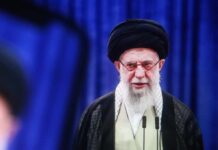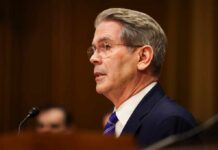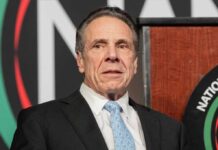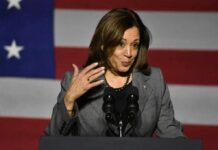
Robert F. Kennedy Jr., an independent candidate for president, is facing a significant challenge as he works to qualify for the first presidential debate on June 27th. To earn a spot on the debate stage, CNN requires candidates to achieve at least 15% in four national polls and to secure ballot access in states that add up to a minimum of 270 electoral votes. According to CNN, while Kennedy has met the polling threshold in three surveys, he currently only has verified ballot access for 89 electoral votes. His campaign claims they have gathered enough signatures for 292 electoral votes, but the verification process in several states is taking longer than expected.
Kennedy has suggested that the stringent rules might be influenced by the major party candidates, Trump and Biden, in an effort to exclude him from the debates. The Kennedy campaign is working diligently to overcome these hurdles, but the slow verification process could jeopardize their efforts. Meanwhile, Libertarian Chase Oliver and presumptive Green Party nominee Jill Stein have met the ballot access criteria but have not reached the necessary polling numbers. CNN has also announced that the debate will have a 90-minute duration with limited commercial breaks and no candidate-staff interactions allowed during the event.
Kennedy’s supporters argue that his inclusion in the debate is crucial for a fair and representative discussion of the issues facing the country. They believe that the current criteria unfairly limit the voices of third-party candidates. Despite the challenges, Kennedy remains hopeful that his campaign can secure the necessary ballot access in time. The debate, which will be held in Atlanta, Georgia, will feature moderators Jake Tapper and Dana Bash, who will enforce strict rules to maintain order. The second debate, scheduled for September 10th, will be hosted by ABC, providing another opportunity for candidates to present their platforms to the public.

























